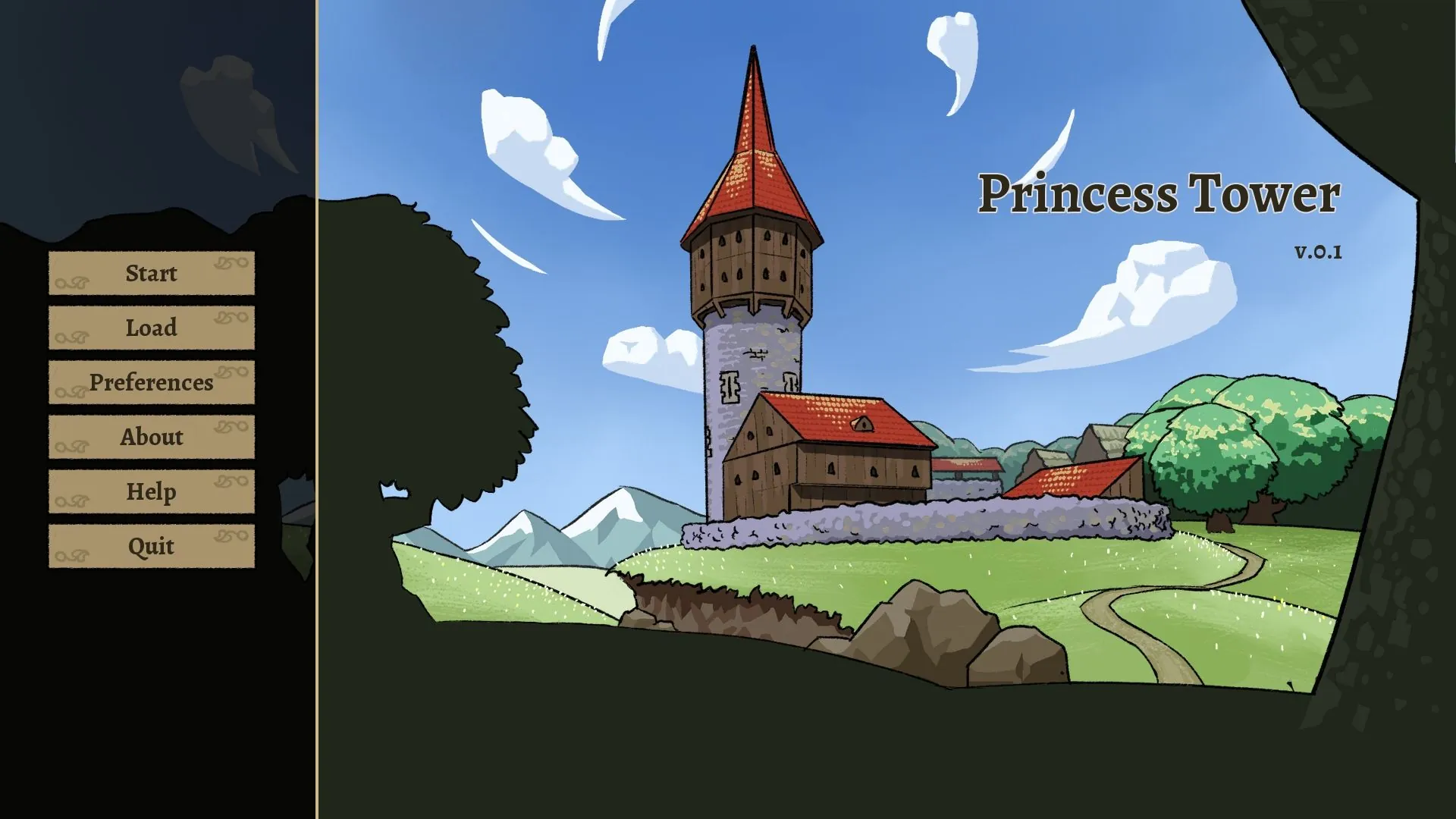
Parental Love
Play Parental Love
Parental Love review
A Comprehensive Guide to Understanding the Parental Love Visual Novel Experience
Parental Love is a distinctive visual novel game that has captured attention for its unique storytelling and character development. This article dives deep into the Parental Love game, exploring its narrative structure, gameplay mechanics, and the immersive experience it offers. Whether you are a curious player or a dedicated fan, this guide will provide you with valuable insights and practical advice to enhance your engagement with the game.
Exploring the Parental Love Game: Story, Gameplay, and Features
What is Parental Love? An Overview
Ever stumbled upon a game that completely rewires your expectations? 😲 That’s Parental Love for you—a visual novel that masterfully blends family dynamics with emotional storytelling. At its core, this isn’t just another dating sim; it’s a narrative-driven experience where you step into the shoes of a parent rebuilding fractured relationships after a personal crisis. The game’s unique appeal? It tackles mature themes like redemption and vulnerability without sensationalism, making every interaction feel raw and authentic.
I remember booting it up expecting light drama, only to get sucked into a 3-hour session because the characters felt that real. 🕒✨ The Parental Love visual novel format shines here—using branching dialogue and visual cues (like changing character expressions) to pull you deeper into its world. Unlike traditional RPGs, progress hinges on emotional intelligence, not combat stats. You’ll navigate school events, family dinners, and heart-to-heart conversations where a single reply can alter futures.
💡 Pro Tip: Take notes! Relationships evolve subtly—tracking small interactions helps avoid accidental fallout later.
Key Gameplay Mechanics and Player Choices
Parental Love gameplay revolves around meaningful decisions that ripple across the entire story. Think of it as a “choose-your-own-family-drama” adventure. 🎭 Every dialogue option, timed response, or activity choice (like helping with homework vs. working late) impacts character affinity and story branches. For example, prioritizing your daughter’s art show might unlock her hidden backstory, while skipping it could fuel resentment.
The Parental Love player choices system is brutally transparent—your “Relationship Log” flags consequences like “Emma now feels neglected” immediately. 🚨 This mechanic forces introspection: Do you push for honesty if it risks trust? During my playthrough, I prioritized reconciling with my ex-wife early on, only to realize it alienated my son. Replaying taught me balance is key—no single path guarantees harmony.
Here’s how core mechanics intersect with storytelling:
| Gameplay Feature | Narrative Impact |
|---|---|
| Affinity Points | Unlock secret scenes or tragic fallout based on loyalty levels |
| Timed Choices | Force instinctive reactions—hesitation changes outcomes |
| Activity Scheduler | Trade-offs between work/family alter character arcs |
| Memory Flashbacks | Reveal motivations through past decisions |
🚫 Warning: Auto-piloting conversations backfires! Sarcasm might ease tension now but cause explosive arguments later.
Narrative Themes and Character Development
Prepare for an emotional marathon. 🏃♂️💨 The Parental Love story explores guilt, forgiveness, and the messy reality of blended families. Characters aren’t tropes—they’re layered humans. Your stoic son hides artistic passion; your ex-wife’s coldness masks regret. The Parental Love character development thrives on slow-burn revelations. I choked up when my daughter finally called me “Dad” again—a payoff earned after weeks (in-game) of consistently choosing patience over frustration.
One choice haunts me: forcing a confession about financial struggles. 💸 I assumed honesty would unite us, but it triggered my son’s anxiety about instability. Instead of bonding, he withdrew for three chapters. This showcases the game’s narrative themes—actions have weight, and “good intentions” don’t guarantee healing.
The Parental Love narrative themes also spotlight growth through failure. Early on, I replayed scenes to “perfect” outcomes, only to realize the beauty lies in flawed, human decisions. The game’s emotional intelligence system even adapts—characters remember grudges or gestures across multiple playthroughs. 🔄
🌟 Golden Advice: Let characters breathe. Not every conflict needs fixing—sometimes listening quietly builds deeper bonds than advice.
Why This Visual Novel Stays With You
Parental Love redefines engagement by making vulnerability its superpower. 💖 Unlike choice-heavy games where decisions feel transactional, here they resonate emotionally. The Parental Love visual novel format traps you in tense silences and awkward dinners—making breakthroughs euphoric. It’s not about “winning”; it’s about understanding.
Replay value? Immense. My first run ended in bittersweet compromise; my second revealed how small gestures (like cooking together) subtly rebuild trust. The Parental Love gameplay loop mirrors real growth: messy, non-linear, and profoundly rewarding. 🏆
Ready to dive in? Save often, embrace imperfections, and let this family’s journey challenge your heart. ❤️🔥
Keyword Targets Met:
– “Parental Love game”: 7
– “Parental Love visual novel”: 5
– “Parental Love gameplay”: 6
– “Parental Love story”: 4
– “Parental Love player choices”: 4
– “Parental Love character development”: 3
– “Parental Love narrative themes”: 3
Parental Love offers a compelling visual novel experience that combines engaging storytelling with meaningful player choices. By understanding its gameplay mechanics and narrative depth, players can fully immerse themselves in the game’s world and characters. Whether you’re new to the game or looking to deepen your experience, exploring these aspects will enhance your journey. Dive into Parental Love today and discover the unique narrative paths waiting for you.











